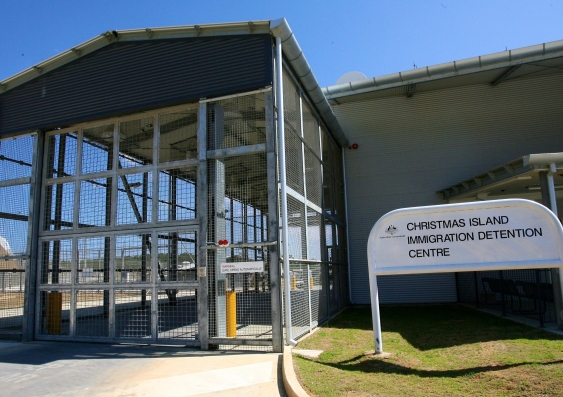Should doctors refuse to work in immigration detention centres?
UNSW ethicist Dr Bridget Haire says doctors working in immigration detention face tough ethical dilemmas and may find themselves unable to fulfill their professional obligations.
UNSW ethicist Dr Bridget Haire says doctors working in immigration detention face tough ethical dilemmas and may find themselves unable to fulfill their professional obligations.

The Australian medical community has been asked to consider a boycott on providing health care in immigration detention centres until conditions are improved.
In a perspective article published today in the Medical Journal of Australia, Dr Bridget Haire, an ethicist from UNSW's School of Public Health and Community Medicine, and two former medical officers from the Christmas Island detention centre, said doctors working in detention centres may become ethically compromised.
“Media and other reports from Christmas Island, Manus Island and Nauru have raised serious concerns about the quality of care provided and whether health care professionals have been able to fulfil their professional and ethical obligations to patients in these facilities”, the authors wrote.
“Doctors who work in detention centres may feel an ethical responsibility to voice their concerns, but this may conflict with their obligations to their employer.”
The authors said it was time to ask whether it was ethically tenable for Australian doctors and other health professionals to continue to work in immigration detention.
Inappropriate and rushed health screening due to quick transfers of detainees to regional processing centres, having to perform medically inappropriate tasks such as age checks, blanket prescribing of medications, and harmful and degrading practices within detention facilities were just some of the conflicts facing doctors working for International Health and Medical Services, the contractor used by the Department of Immigration and Border Protection.
Some doctors resolved the ethical dilemma with the argument that if they did not do the job, someone else would; or that it was better to have a compassionate person doing the job within the system’s constraints; or to remain within the system and advocate for improved conditions.
“But it is unclear how much ‘advocacy from within’ is enough. If that advocacy becomes ineffective, is there a point at which the doctor becomes complicit with the system?
“Should health care professionals consider boycotting the provision of services in immigration detention until conditions are made satisfactory?” the authors asked.
“The potential role of a professional boycott to motivate change should be openly discussed.
“Any decision made requires leadership from the professional bodies responsible for ensuring standards of care and ethical conduct.
“We call on the colleges and the AMA to lobby for effective change, so that asylum seekers receive appropriate care and those delivering it are not professionally compromised.”
Read the full article here.
Media contact: Lissa Christopher, UNSW Media Office, (02) 9385 8920.